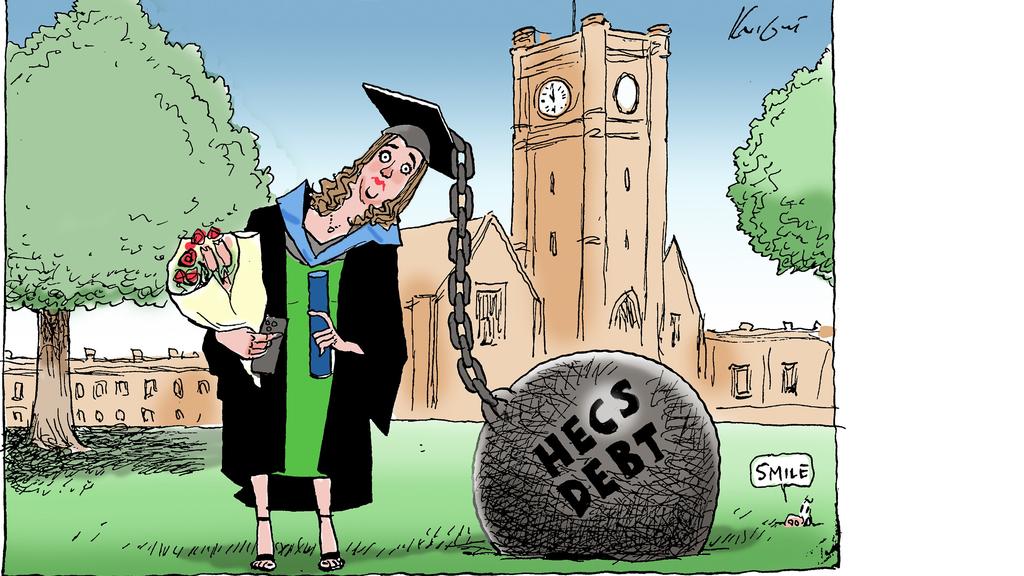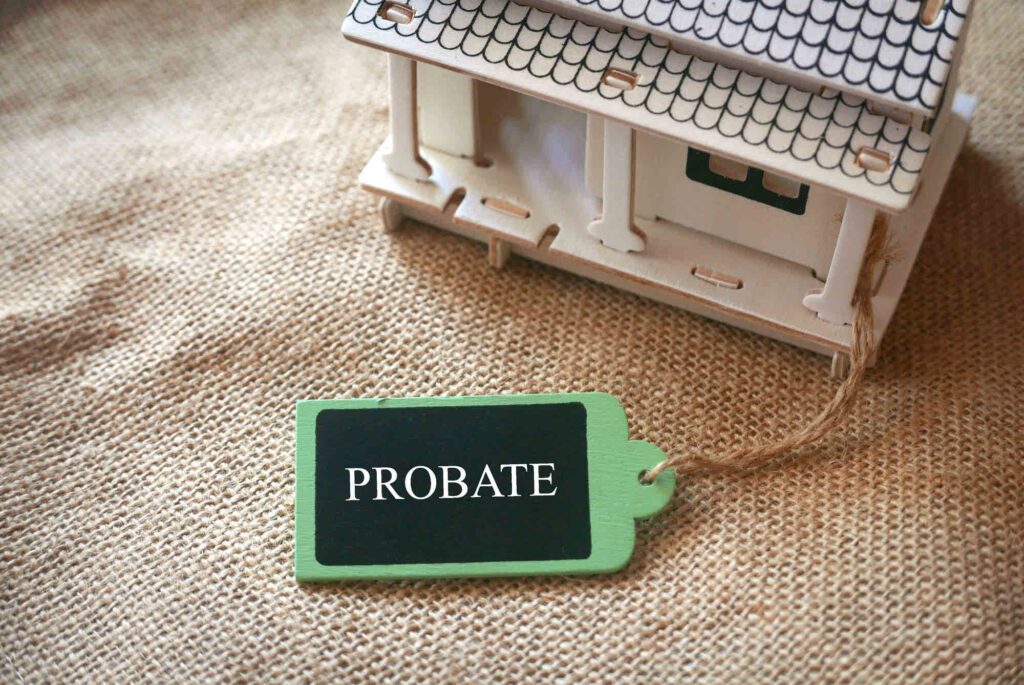In the 2023–24 financial year, Australians collectively owed $81 billion in HECS-HELP debt — proof that our love of higher education is matched only by our ability to put it on credit.
Between 2006 and 2024, the average debt for people in their 20s more than doubled, easily outpacing inflation, wage growth, and perhaps even our enthusiasm for unpaid internships. Many of us will carry our HECS-HELP debts well into middle age, which naturally raises the question: what happens to your student debt when you die? Will your family have to keep chipping away at that arts degree?
We’ve all dreamed of running off to Germany, where university is free — even for international students — but for most of us, that ship has sailed (and probably has a student loan attached to it).
The good news? If you die owing the government HECS money, your estate may have to make a final compulsory repayment, but the remainder of your HECS debt is cancelled. The bad news? Well… you have to die first.
How HECS-HELP Works After Death
When someone passes away, the Australian Taxation Office (ATO) is notified through the deceased person’s final tax return (often called the “date of death tax return”). The ATO then works out whether a compulsory repayment would normally have been payable for the income earned up to the date of death.
If a repayment is required, that amount is paid from the deceased estate before anything is distributed to beneficiaries. After that final repayment is made, the outstanding HECS-HELP balance is cancelled.
This means that family members and beneficiaries are not personally liable to repay the loan, and the debt does not continue beyond the estate.
Key Takeaways
- Your HECS-HELP debt dies with you. It doesn’t get passed on to your family — so your kids can thank you for your wit and wisdom, not your university bill.
- If you earned enough before passing, your estate might owe the ATO one last “farewell payment.”
- After that, the rest of your debt is wiped — proving that, at least in death, you can finally say you graduated from HECS.
Why It Matters for Estate Planning
While HECS-HELP debt generally doesn’t reduce what your loved ones inherit, it’s still important to tell your executor about your student loan so the tax return can be prepared correctly. A little honesty now saves a lot of paperwork later — and helps your estate graduate on time.





